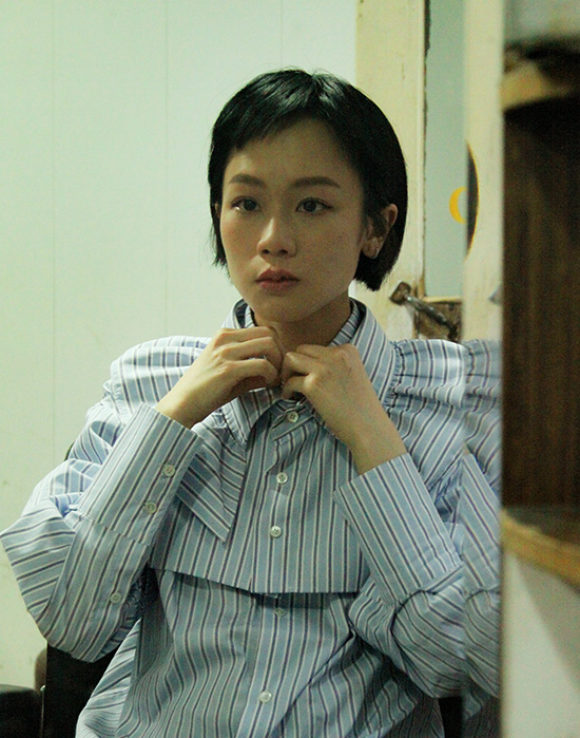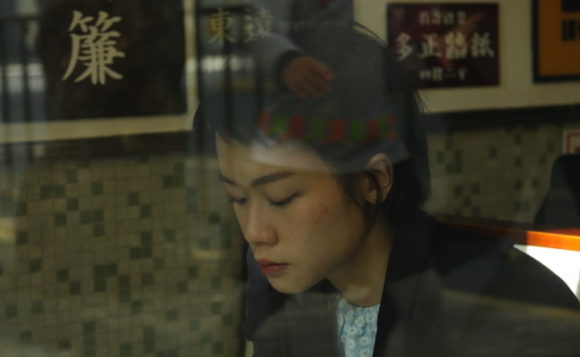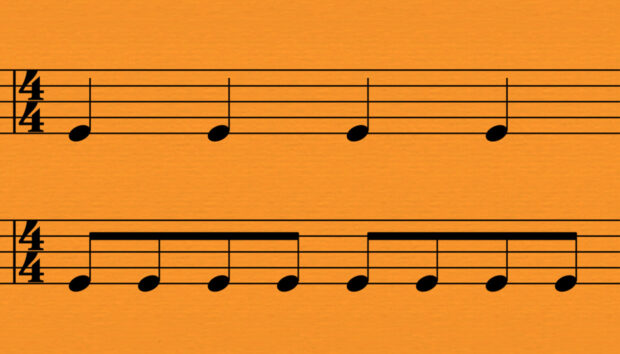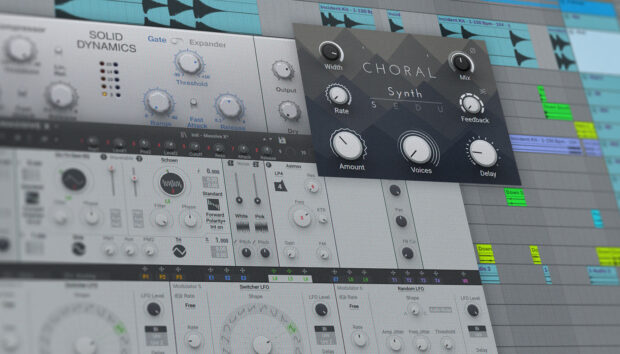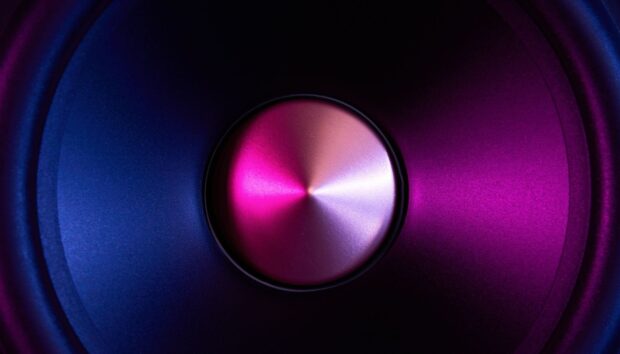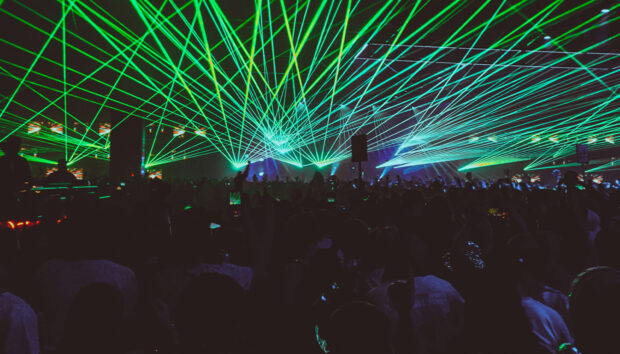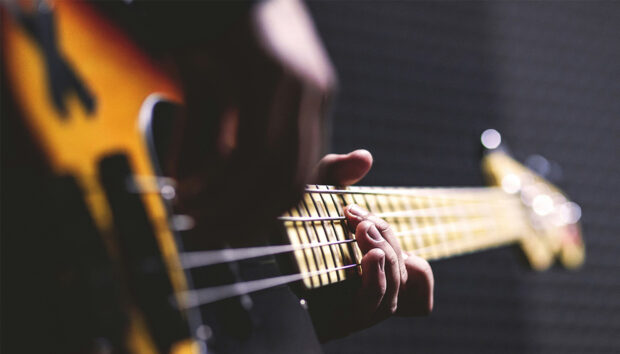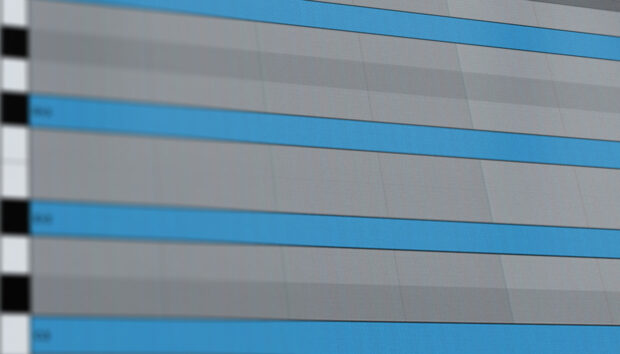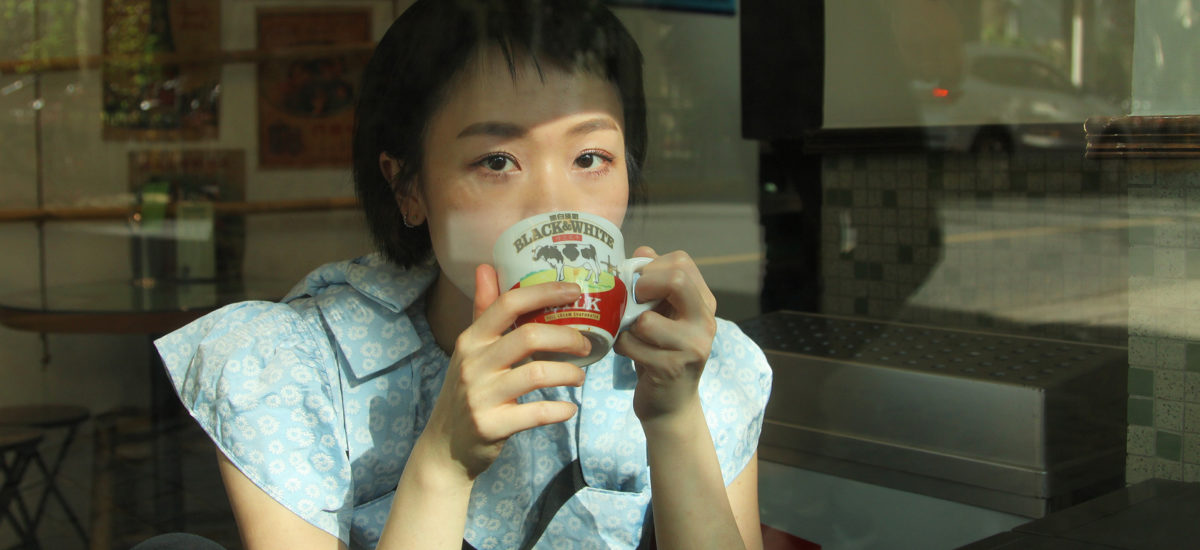
As part of a growing Pan-Asian scene that takes deconstructed club music and remakes it their own unique way, Scintii’s ethereal approach is one that’s hard to pin down. Her vocals, cut-up and re-spun, are wrapped in a muggy and intoxicating blend of airy synthesis and clattering drums, the resulting latticework as much for the head as the body. Speaking over Skype from her home in Shanghai, Native Instruments goes deep into her musical history, discussing how it’s informed her current musical output.
Growing up in Taipei, Scintii, real name Stella Chung, took to music from a young age. Years of piano lessons gave Stella a solid musical grounding, but a lack of interest in its formalities meant that she eventually gave it up. A short-lived stint learning the flute in middle school also ended quickly due to its inherently “small range of expression and notes that you can play.” Cartoons and films became the means through which she would find more exciting sounds, while a growing love of rock music in high school led to the comparatively open world of the electric guitar, which Stella found to be “more interesting for me at that time, as you can play with different effect pedals, and there’s a wider range of sounds you can achieve with the instrument.”
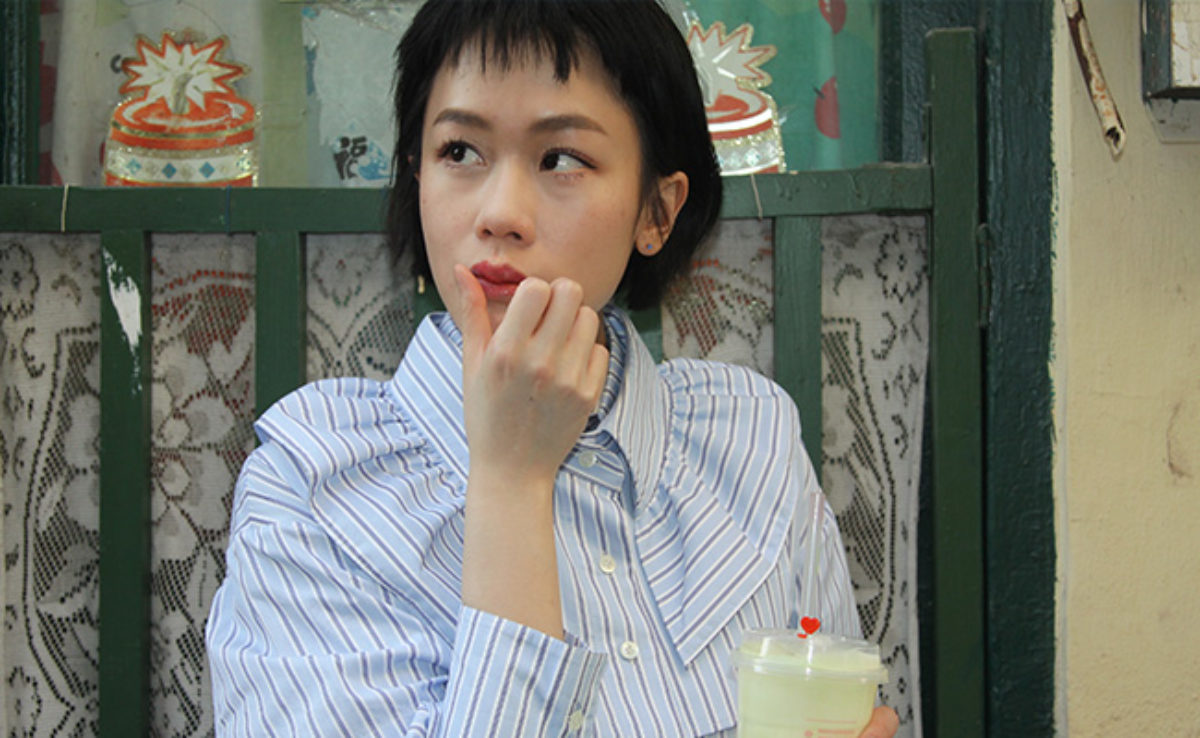
Speaking with other producers from Taiwan or China, she finds a comparable musical trajectory, but one that also differs noticeably from her European peers. “Their entry point was kinda similar,” she says. “They learnt some sort of instrument when [they were] younger, and maybe were into rock music, [but] when I asked some European DJs about the first music genres they were into, people replied with reggae, dancehall or club music. I guess those answers come from places where there’s a more specific scene for these things.”
Her introduction to electronic music proper came when she moved to London to study music. While she was still playing guitar in bands, she began to think more about singing. “It became clear later that in order to really make something that reflects me the most, I have to use my own voice,” she says. “To me an instrument is like a preset. I wanted to have more control over what I want in my own music and not be limited to one instrument.” She left the guitar behind and started making her own tracks, initially in Logic before moving onto Ableton. A music production course at Goldsmith’s followed her studies at Westminster, but it would still take her some time to feel comfortable with her own music.
While London’s melting-pot culture proved to be incredibly inspiring, it also inevitably drew comparison between her work and that of others, something that Stella initially struggled to see positively. “I was really lucky to have spent a long time [in London] because of its pop / electronic / club music history, with its different scenes and strands and knowing what came from where. But that can also scare people a lot. I remember there was this fear of never being ready or good enough to put out music.” The free-wheeling, anything-goes attitude of Bala Club — the enterprising London promotor collective — was inspirational, and though she doesn’t necessarily see herself as a club music producer, the notion that you should just do exactly what you want is something that made its mark on her. “The artists I really admire are the ones that carve out their sounds based on the atmosphere and / or emotions they’re trying to convey within a track. Those things to me are universal and timeless.”
While Stella is still somewhat reserved about her vocal abilities, she’s aware that these feelings are all part of the process. “I’m still quite shy about my voice,” she says. “But now I feel like, OK whatever, this is just me right now, and it’s fine to learn along the way.” The way she uses her voice as another instrument, as opposed to being the focal point, is symptomatic of where she’s at right now. Being in complete control of her sound means that she can manipulate her voice in new and exciting ways that appeal to her directly. “Maybe the way I sing is more like a tool inside a track compared to a lot of other vocalists.” she says. “I like the fact that when I produce myself I can control how I sound – the process is quite personal.”
Though she admits her setup is pretty basic (“Ableton Live, a small MIDI controller, speakers and headphones, vocals recorded with a Zoom mic”), she’s recently dived into the expansive world of KOMPLETE: “I wanted to try out new plugins and have a bigger palette of tools to work with – tweaking them until it feels right.” Despite the fact that she’s been exploring the synthesis capabilities of the notoriously deep REAKTOR, Stella points out that she doesn’t worry too much about clever production methods. “I don’t have many tricks worth mentioning, it’s more about turning a small stream of something in my head into reality, and finding out what works with what I already have.” She talks about speaking with and through technology, playing with it, occasionally letting it take over when words fail. “It’s often when I don’t know what to sing that I’ll record some bits, chop it, reverse and / or add effects. I like it sometimes when my voice becomes like a component of the beat.”
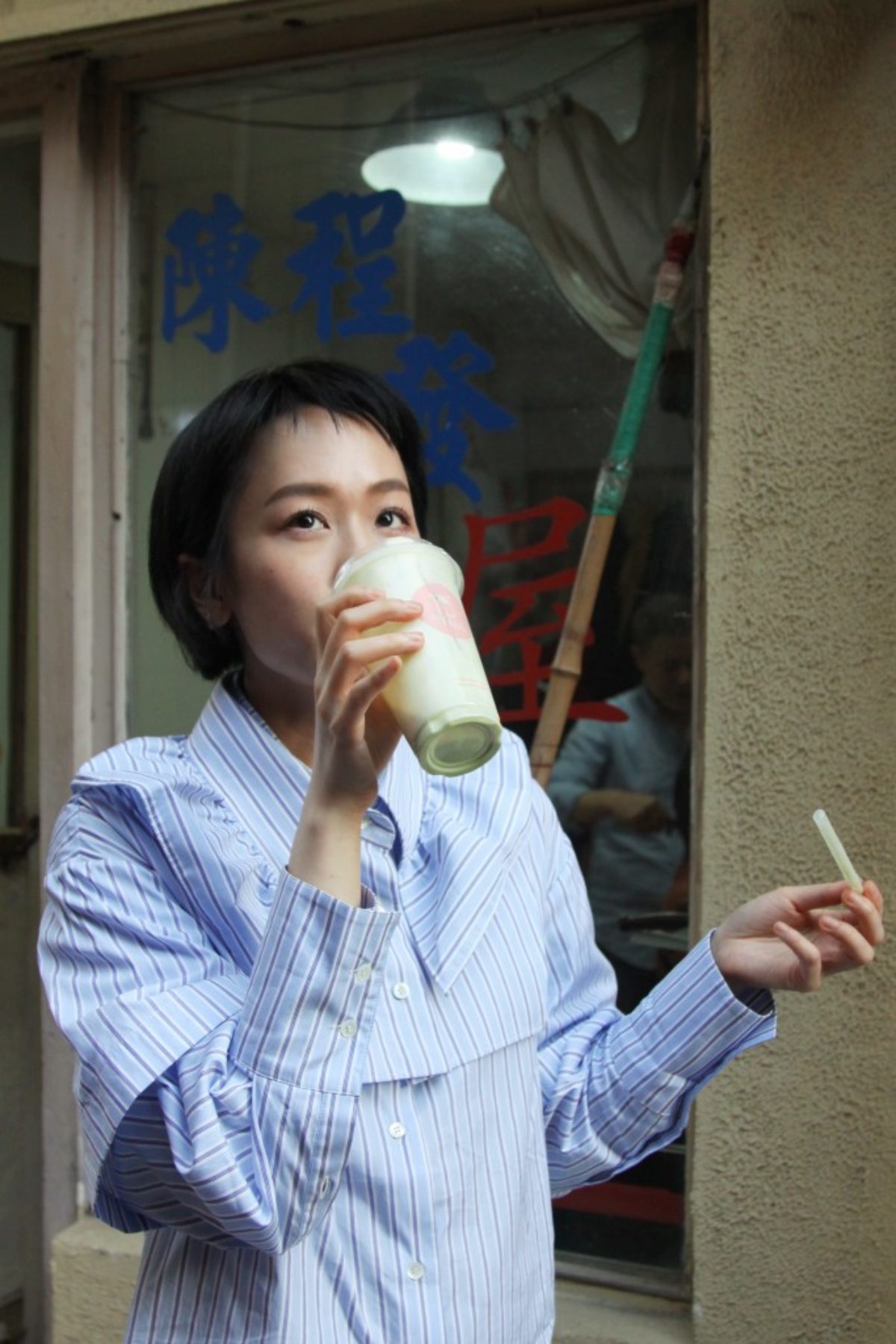
Stella likens her creative process to diving in the sea: indeed, there’s a weightlessness to her synths and voice that contrasts with the puncturing, stunted rhythms – like thrown pebbles breaking the water’s surface. Her debut EP for the amorphous Eternal Dragonz collective illustrated this vividly, as thrumming hi-hats stutter over arched synths and her own cooing and sliced vocals, while her recent remix for STAYCORE’s mobilegirl takes an approach that’s both brasher and more down-trodden in tone. It’s this restless, searching quality to her music, echoed in the means of creation and the way she thinks about it, that’s the most intriguing thing about Scintii. “I think the process of making music is finding out about myself, and there’s a lot that I still don’t know.” She may still be in the midst of developing her own world, but it’s already one that’s categorically hers.
photo credits: Jaya – https://www.instagram.com/bro_jaya_








